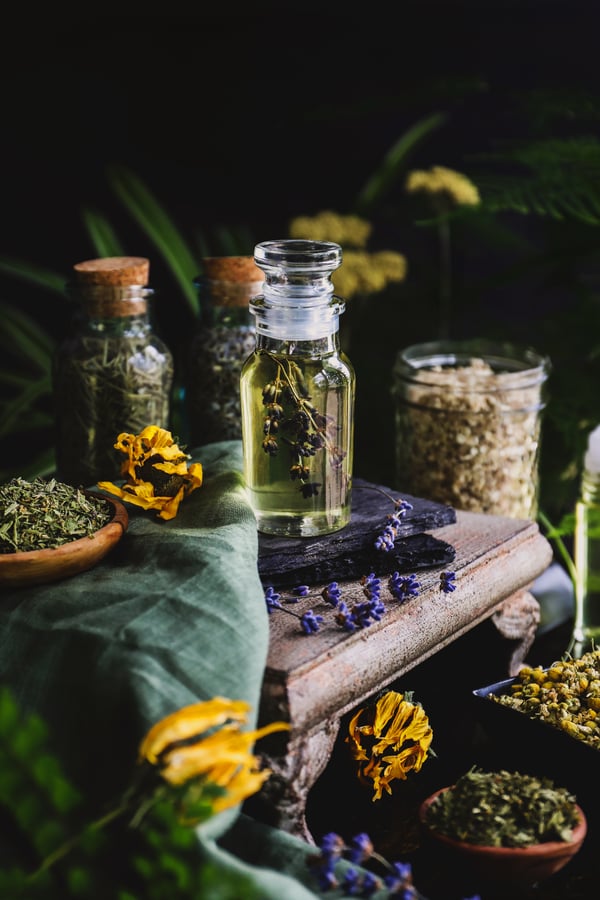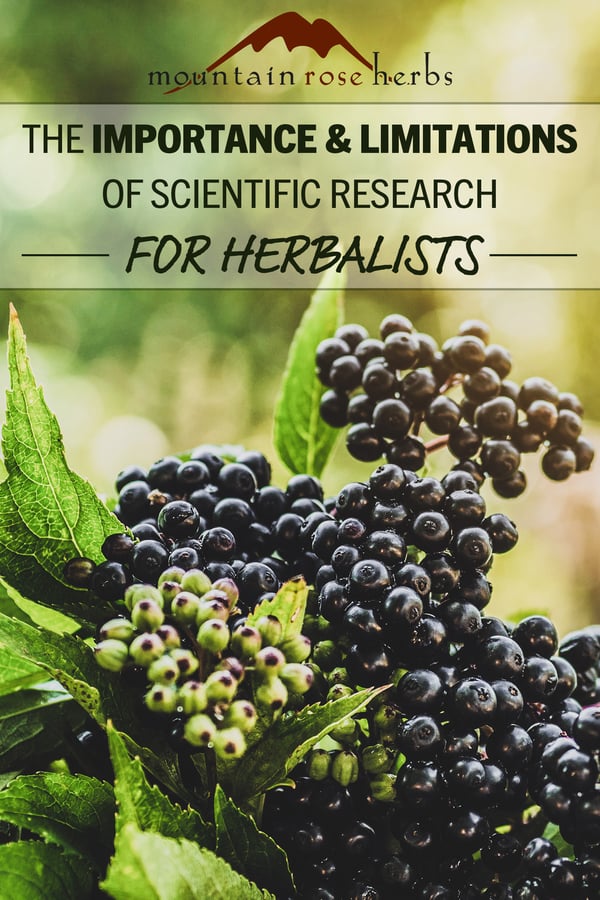
Learning to read and assess scientific research articles is an important skill for the modern herbalist. The information is literally at our fingertips, however, we do need to know how to interpret it. As herbalists, our information is scrutinized. Someone can be on seven medications with dangerous side effects, but when something goes wrong, it will be blamed on the lavender in their deodorant. If we make the wrong claims, we can risk serious repercussions.
Using research articles to support claims gives stronger credibility to anything one writes or presents. When speaking to authority figures or those who have a science background, having research to back up your argument will usually appease any questions, or at the very least, gain you some respect. Herbalists can use these sources to find the latest research on specific herbs and also to support any claims they may have about an herb. Supporting your claims with research that is solid and peer-reviewed can give it the background needed for those who may want to argue or dismiss its efficacy.
However, it is necessary to know how to read said research and how to apply it. If you are not familiar with any words or terms, always first look them up before citing them as a resource. For example, knowing the difference between in vitro and in vivo changes how you can apply the research to your current writings and applications of herbs. One must know how to consider the study size in the research and the subject of the study. Never try to cite a paper that you do not fully understand. One must also know how to assess how applicable the research is to those of us using whole herb preparations versus, for example, a single constituent that is extracted and studied.
For herbalists, however, research is not always satisfying. The vast majority of herbs have not been studied. The fact is that for most things to be researched and published, there has to be interest from accredited researchers for it to happen. There also needs to be funding, and the inspiration for providing funding is usually that it will be more profitable for the investor later. So, we have to take it as we can get it. The process of getting published is another setback for many. Who knows how much good research is out there that has been denied publication? An additional setback is having access to published research. Unless you are associated with a university or other similar groups, you must pay a decent sum of money to access many publications. Most of us are limited to resources like PubMed and other free-access journals.
An important point to consider is that even if an herbal use is not published, it does not mean that the research is not valid. For example, the research world is based on western science models, which as a rule, have traditionally not given credit to indigenous wisdom or herbal uses until western-trained researchers have done the studies to claim the knowledge as their own. The western model is one that has been agreed on by western science, which is a very specific type of society. Other traditions have developed their own models to study science. As a whole, our western society has delayed much needed information due to the dismissal of those who do not follow the predetermined rules or who do not or cannot follow the channels of ‘accreditation’. Indigenous medicines do not need to wait to be discovered by western science, nor do they need to be published for validation. We need to know how to properly walk a line of respect for Indigenous knowledge, acknowledging what has been claimed by others, and provide credit as it is due.
Using research is a necessary tool for modern herbalists. The information out there is invaluable, but one must properly assess it if they are going to use it in blogs, articles, classes, or anything else.












